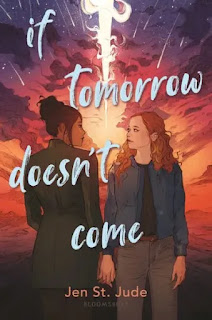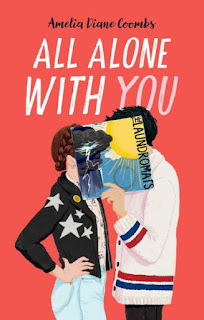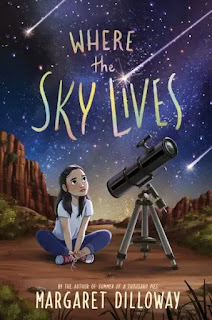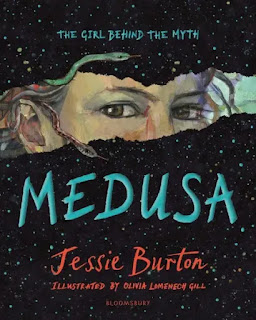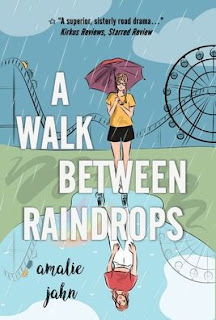Cass is obsessed with on-line role-playing and her home is with a group of other teen girls who are writing scenes based on the
Tide Wars duology. While Cass has struggled with online addiction for some time, having her mother move out on her recently hasn't helped matters.
It's not that she's particularly unpopular (her boyfriend -- before she decided that she was a lesbian -- is the school's quarterback and her best friend is one of his teammates), but that roleplaying allows her to escape from her real world problems. Over the years, she has developed close bonds with the other players and feels closer to them than to her real life friends.
In the real world, however, no one knows about these activities. All that time online is hurting her grades, but her father just assumes that the problems at school are due to her Mom. Cass is afraid to let him know what is really happening for fear that he'll cut her off and she'll lose the only support she feels that she has. Meanwhile, she's hidden this geekier side of herself from her friends, for fear of their judgment of her.
When Taylor, a girl at school, on whom Cass has long had a crush, asks her out, Cass jumps at the opportunity. Things grow complicated balancing the new romance with her secret online life. While she freely tells the girls in her group about Taylor, she can't bring herself to Taylor about them. More awkwardly, Cass discovers that she has feelings for a girl in the group and must decide whether she would rather be with this girl or with Taylor.
Cass has some serious of character flaws that make her pretty hard to like. While she cleans up her act by the end, the way she treats her friends (and Taylor in particular) is pretty reprehensible. There were definitely points where I was tempted to put the book down. The whole lying-to-your-friends thing never ends well (especially in novels) and watching this train wreck unfold over the first 250 pages is pretty painful. So, a lot is riding on those last 100 pages! Cass redeems herself by being strong and communicative, and her ability to own her faults and (largely) address them.
On the other hand, I really enjoyed the story and the representation of online role-play. As someone who does a lot of RP himself, I can totally appreciate the dynamics of the activity and the way it can easily become an obsession. The group's actual writing wasn't terribly good, but RP rarely is. Miller largely gets the fact that while it is game and a fantasy, for those people who participate in it, you develop real friendships and invest real emotions into it. And yes, RL (real life) is truly more complicated than RP, the dynamic of group on-line interaction can get pretty dramatic. A late scene, for example, where one of the players quit their group was devastating in a way that felt very familiar.



















